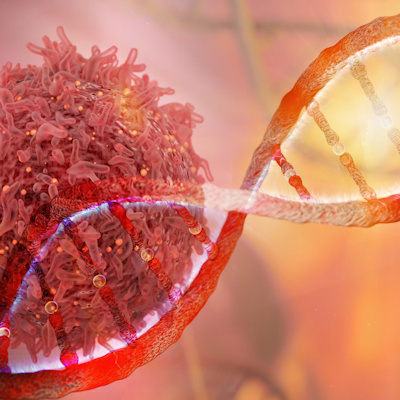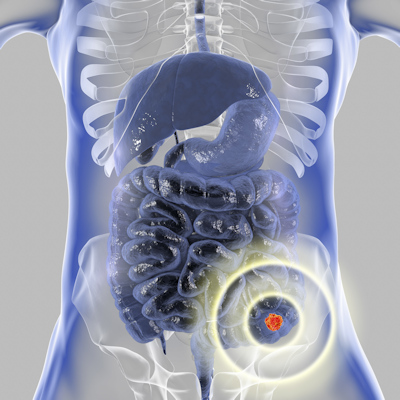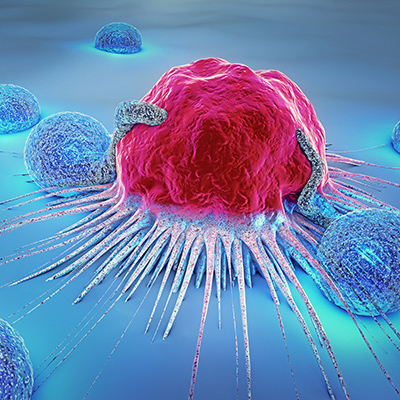March 10, 2023 -- The enzyme lysyl hydroxylase 1 (LH1) promotes the migration and metastasis of solid tumor cells and is associated with shorter survival, according to a recent study published in Molecular Cancer.
Once a tumor metastasizes to spread beyond its original location, the cancer becomes harder to treat and the patient's prognosis worsens. Understanding the drivers of cancer cell migration and metastasis could lead to better therapies and outcomes. The excessive extracellular matrix deposition and increased stiffness seen in some solid tumors are potentially part of the process.
"Stiffness in tumors and the surrounding tissues is known to increase along with the tumor growth, which creates confined spaces or channel-like tracks of pores for tumor cell migration and metastasis in multiple cancer types. But the mechanism of this confined migration remains unclear," Michael Yang Mengsu, professor of biomedical sciences at City University of Hong Kong, said in a statement.
To shed light on the mechanism, Yang and his team applied transcriptomic analysis with next-generation sequencing (NGS) and proteomic analysis with liquid chromatography-mass spectrometry to HCC tissues. The analyses revealed that LH1, an enzyme involved in the stabilization of collagen, is one of the most overexpressed proteins in HCC compared to adjacent healthy tissue.
The team then developed multidimensional platforms and 2D and 3D in vitro and in vivo models to study cell migration. By using microfluidic chips for single-cell and collective cell migration, and by varying the stiffness of hydrogels for 3D invasion assays, the researchers sought to simulate the complex cancer microenvironment.
In the chips and models, LH1 promoted confined migration, including the speed and invasion capacity of HCC and PDAC cells. Knocking down the expression of the enzyme suppressed the effects. The team then linked the effect of LH1 to its binding to Septin2, a protein that prepares cells for migration. By stabilizing the protein, LH1 may enhance the formation of an actin network and promote the confined migration and metastasis of HCC and PDAC cells.
An analysis of samples from HCC and PDAC patients linked LH1 expression to survival. HCC patients with high LH1 expression had a median survival time of 39 months, compared to 86 months for the peers with lower levels of the enzyme. Disease-free survival was shorter in the high-LH1 cohort as well. The difference was smaller in PDAC patients, but median survival was still five months longer in the low-LH1 cohort.
Based on the results, the researchers see LH1 as a potential therapeutic target for the treatment of HCC and PDAC. An LH1 inhibitor, dipyridyl, significantly decreased confined migration and 3D invasion of cells that overexpressed LH1, but the molecule has limited specificity.
Copyright © 2023 scienceboard.net











